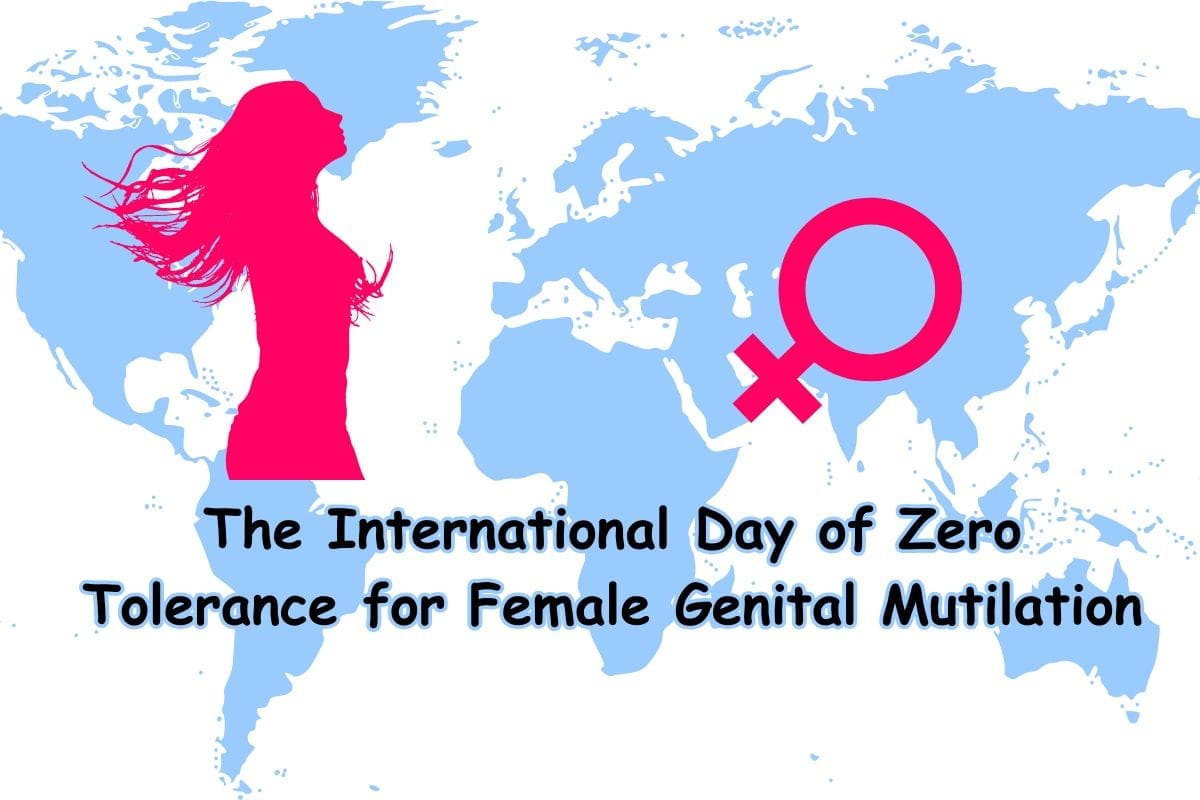
The International Day of Zero Tolerance for Female Genital Mutilation is observed on 6 February. This day aims to spread awareness about stopping the harmful practice of female genital mutilation (FGM).
Background:
FGM involves hurting or changing female genitalia for non-medical reasons. It affects over 200 million girls and women worldwide, causing both short-term and long-term health issues. Despite efforts, FGM still happens globally, especially in certain parts of Africa and the Middle East.
UN Efforts to End FGM:
The UN set a goal to end FGM by 2030. Organisations like UNFPA and UNICEF lead global programmes to support this goal. They work with grassroots organisations to advocate for changes in laws and social norms.
2024 Theme – Her Voice Her Future:
This year’s theme focuses on empowering survivors of FGM. It highlights the importance of supporting survivors and giving them a voice in ending FGM. Every survivor’s story and choice are crucial in achieving the goal of ending FGM by 2030.
Calls to Action:
On 6 February 2024, people worldwide are urged to:
- Support survivor-led initiatives.
- Spread the message to end FGM using hashtags like #HerVoiceMatters and #EndFGM.
- Engage communities in discussions about human rights, gender equality, and sexual education to help victims of FGM.
Additional Information:
- FGM is considered a violation of human rights and is internationally recognised as such.
- The harmful practice can lead to various health complications, including infections, difficulties during childbirth, and psychological trauma.
- Efforts to end FGM require collaboration between governments, NGOs, healthcare professionals, and communities.
- Education and awareness-raising programmes play a crucial role in preventing FGM and supporting survivors.
- Legal frameworks that criminalise FGM and provide support services for survivors are essential in combatting the practice.
- Cultural and societal beliefs often perpetuate FGM, highlighting the need for targeted interventions and community engagement.
Conclusion:
FGM remains a significant challenge worldwide, but with continued efforts and collective action, it is possible to eliminate this harmful practice by 2030. Empowering survivors, raising awareness, and fostering dialogue are essential steps in achieving this goal and ensuring the well-being and rights of girls and women everywhere.








Leave a Reply